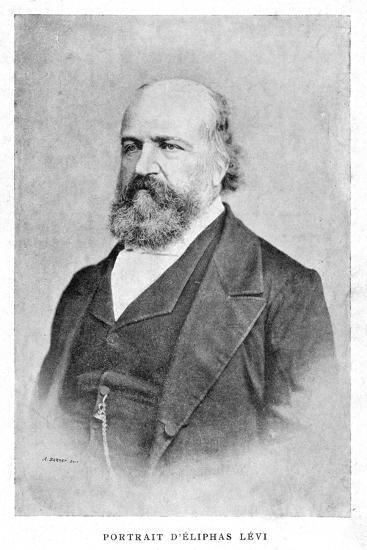
"Monsieur de la Presidente,
In a few days' time, we will mark the 11th of November, that day of remembrance to our great martyrs that enabled this Republic and for France to again live in freedom. Our Civic Martyrs cried "Liberté, Égalité, Fraternité, ou la Mort!" once they took to the barricades. We are wise to remember our common struggle against tyranny, and for freedom. We will mark two years since that November of 1866. In these two years, we have not only liberated the French, but also the Italians.
However, our struggle for freedom, for liberty, equality, fraternity, goes back further. Our struggles go back to 1830, 1850, and even 1789. That summer of 1789 is now eight decennia, almost a century past us. It was then our true path toward liberty and freedom, our liberal and democratic republic truly begun. Albeit the road was long and bumpy, this is when it began.
As such I officially petition the Minister of the Interior Domedeaux (@Andre Massena ) and the wider government to look over a date of festivities and parades, banquets and feasts, a National Holiday to commemorate that this is the year all of France stood together and forged our path together for a nation for all French, not the few, bonded together through class considerations as one nationhood under liberty, equality, fraternity. I encourage as many of our Representatives to co-sign this petition.
Let us celebrate somewhere during this spring or summer the end to the Ancien Regime 80 years ago. Our great project began in 1789, the mantle was renewed, albeit with lessons learned, in 1866. Now we must all come together in celebration, and remembrance, to make it so that we never again fall into tyranny, and to create a society for all French.
For the Republic is France, and France is the Republic! Merci M.President.
Last edited:
- 1






